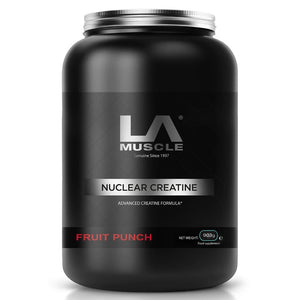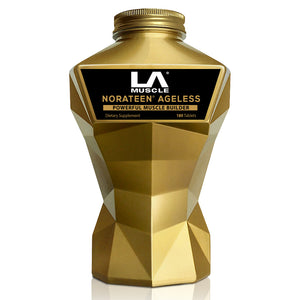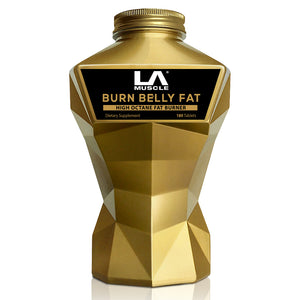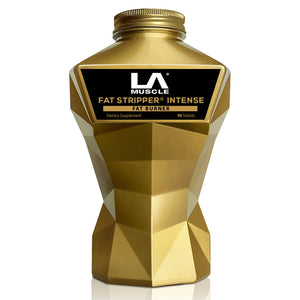
When it comes to building muscle mass, protein seems to be at the centre of things. The macronutrient is packed with all the good stuff, including amino acids and its muscle repair abilities. But the way that we understand our muscles and the role that protein plays in building muscle mass is evolving.
When we talk about building muscle mass, it is typical to first think of bodybuilders and athletes. But that is no longer the case as more people are looking at muscle beyond the aesthetics. People are now beginning to understand that muscle plays a vital role in mobility and the general wellbeing of both men and women. Muscle building has now expanded in scope to include fitness, strength improvement, and improving the state of one’s physical abilities with ageing.
Muscular hypertrophy and strength training
Hypertrophy refers to an increase in muscle mass through strength training or workout. Lifting weight is the popular way to bulk up your muscles through hypertrophy, especially if you want to achieve better muscle definition. When you lift weights or exercise, your muscle undergoes varying degrees of wear and tear. For instance, when you engage in resistance exercise, your muscle proteins are being broken down. These damages are a normal response to exercise. And for your muscles to grow in size, this breakdown of muscle proteins sends a signal to your body to kick-start the muscle rebuilding process.
The degree of tear in the muscle depends on how rigorous the exercise is and how exertion your muscles undergo. At first, the thought of strength training may be intimidating, especially if you are a beginner, but it is a type of exercise that every healthy adult can perform. It is important to note that resistance training does not always come down to bulking up. A progressive strength training program is best since your muscles will continually adapt to strength training over time.
The training program and methods of training will determine the duration of the strength training sessions. No rules guide the length of strength training since they can differ depending on how much progress you are making. For instance, athletes factor in whether they are in the preparatory period (pre-season) or the competitive season.
It is difficult to state a specific number of minutes as there are multiple factors to consider. But many fitness experts recommend looking at training duration from the perspective of work to rest ratio. Looking at your training this way will help you determine the strength training duration.
Now let’s look at the relationship between hypertrophy and protein.
Hypertrophy and protein
Protein is considered the building block which supports muscle recovery and growth. For muscle hypertrophy, there needs to be a balance of protein synthesis and protein breakdown. There needs to be more protein synthesis happening in the body than the breakdown of muscle protein. The good news is that the body can achieve this through externally sourced proteins, i.e. protein-rich foods, supplements, protein powders, and many others. Complete proteins such LA Whey Gold should be your focus since they contain essential amino acids and BCAAs: Valine, leucine, and isoleucine.
Leucine is responsible for triggering protein synthesis in the muscle. So, when you consume an adequate amount of protein, the synthesis exceeds the rate of breakdown. Increasing exercise may increase the amount of protein needed to compensate for the broken down muscle protein.
Building muscle takes time and perseverance, and you can only attain your goals through a combination of regular strength training and proper nutrition. Make sure that you integrate a balanced recovery time into your workout. Take into consideration what works for you while factoring in your body type, intensity, type of training and duration when creating your muscle recovery plan.
The type and amount of protein you consume is as important as the timing. Getting this right is essential for getting the most out of protein synthesis.
Create a daily plan for your protein intake for building muscles: target a minimum of 1.1 – 2.2 g of protein per kg daily.
You should consume foods rich in complete protein, including beef, fish, chicken, eggs, and dairy products.
Spread your daily protein intake between pre and post-workout. Once again, the intensity of your workout performance, body type, and other factors will determine how much protein you need.


























